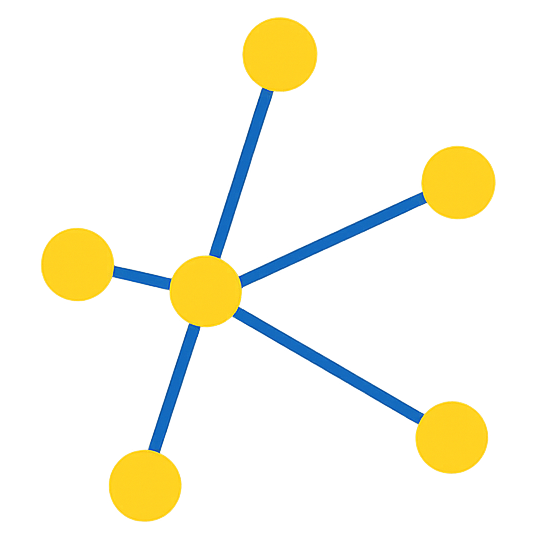European Search Index Cracks Down On Friends-For-Pay Scheme
Back in the 90s, Google’s founders stumbled onto underexploited information: the web’s link graph. By ranking results based on the structure of the web’s links, they were able to produce a search engine with greater relevance than its competition. Unfortunately, that link graph was gameable by individuals who created sites linking to one another solely to increase their ranking. Before long, that information lost most of its usefulness.
The social graph that connects people has similar properties to those of the web’s link graph, and can also be used for relevance ranking. Indeed, information trusted by people you trust is likely to match what you would consider relevant. And, interestingly, this is much harder to game because people have limited incentives to undermine those they trust.
Because we’re building on an open and interoperable social media protocol, people’s social graphs can be explicitly used to rank search results based on the people they trust. (Evidently, to make this valuable, people have to choose to ask the search engine to use that information.)
The headline hints at a world in which a search index — the part of search that takes crawled information and makes it (technically) easy to query and that can then be used for ranking and with a user interface — has been developed as shared public infrastructure. A powerful aspect of the approach we are taking to open infrastructure is that open infrastructural systems reinforce one another, as we see here. Making social media democratic helps bring democracy to other parts of the digital sphere.
